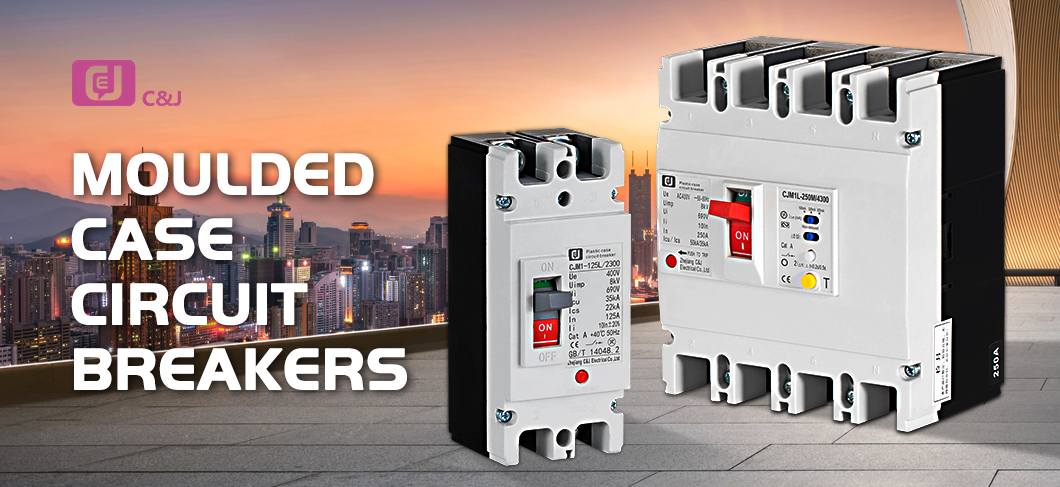Understanding the Importance of MCCBs in Electrical Systems
In the field of electrical systems, MCCB (Molded Case Circuit Breaker) plays a vital role in ensuring the safety and reliability of the entire installation. This important component is designed to protect circuits from overloads and short circuits, thereby preventing potential damage to equipment and ensuring the safety of personnel.
One of the key characteristics of MCCB is its ability to handle high currents. This makes them suitable for a wide range of applications from industrial machinery to commercial construction. The ability to handle high currents means MCCBs can effectively protect against overloads, which occur when the current flowing through a circuit exceeds its rated capacity. In this case, the MCCB will trip and interrupt the current flow, thereby preventing any damage to the circuit or connected equipment.
Another important aspect of MCCB is its ability to protect against short circuits. A short circuit occurs when an unexpected connection occurs between two points in a circuit, causing a sudden surge in current. This may cause overheating and possibly a fire hazard. MCCBs are designed to detect and quickly interrupt the flow of electricity when a short circuit occurs, thus preventing any potential damage or danger.
In addition to the protection function, the molded case circuit breaker also has the advantage of being easy to reset after tripping. This means that once the cause of the overload or short circuit is resolved, the MCCB can be reset to restore flow, minimizing downtime and ensuring continuity of operations.
Additionally, MCCBs are compact and easy to install, making them a practical choice for a variety of applications. Their compact size makes efficient use of space in switchboards and switchboards, while being easy to install, making them a convenient choice for electrical contractors and maintenance personnel.
It should be noted that molded case circuit breakers should be selected and installed according to the specific requirements of the electrical system. Factors such as current rating, breaking capacity and coordination with other protective devices should be carefully considered to ensure optimal performance and safety.
In summary, MCCBs play a key role in protecting electrical systems from overloads and short circuits. Its ability to handle high currents, prevent malfunctions and provide easy reset capabilities makes it an indispensable component for ensuring the safety and reliability of electrical installations. By understanding the importance of MCCBs and selecting the correct MCCB for a specific application, electrical systems can be effectively protected and maintained for optimal performance.
Post time: Aug-09-2024


